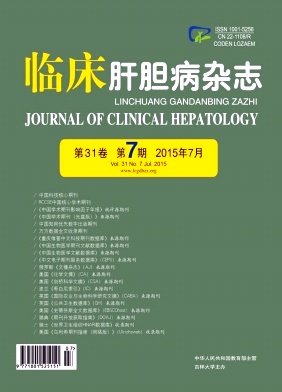The pathogenesis and progression of nonalcoholic fatty liver disease( NAFLD) are closely associated with the activation of the innate immune system. This article reviews how various types of immune cells,Toll- like receptors,and their downstream signaling pathways are involved in insulin resistance and mediate oxidative stress,inflammation,and fibrosis in the liver. Reduction or elimination of dendritic cells delays inflammatory responses and fibrosis in the liver. A decrease in natural killer T cells induces lipid accumulation at the stage of simple steatosis,but alleviates fibrosis at the inflammation stage. The m TOR signaling pathways for insulin and amino acids suppresses autophagy through short- term or long- term regulation,which leads to endoplasmic reticulum stress and altered insulin resistance,thereby modulating the development and progression of NAFLD. The research on the mechanisms by which traditional Chinese medicine offers therapeutic benefits for NAFLD increasingly focuses on the potential role of immunity.







 DownLoad:
DownLoad: